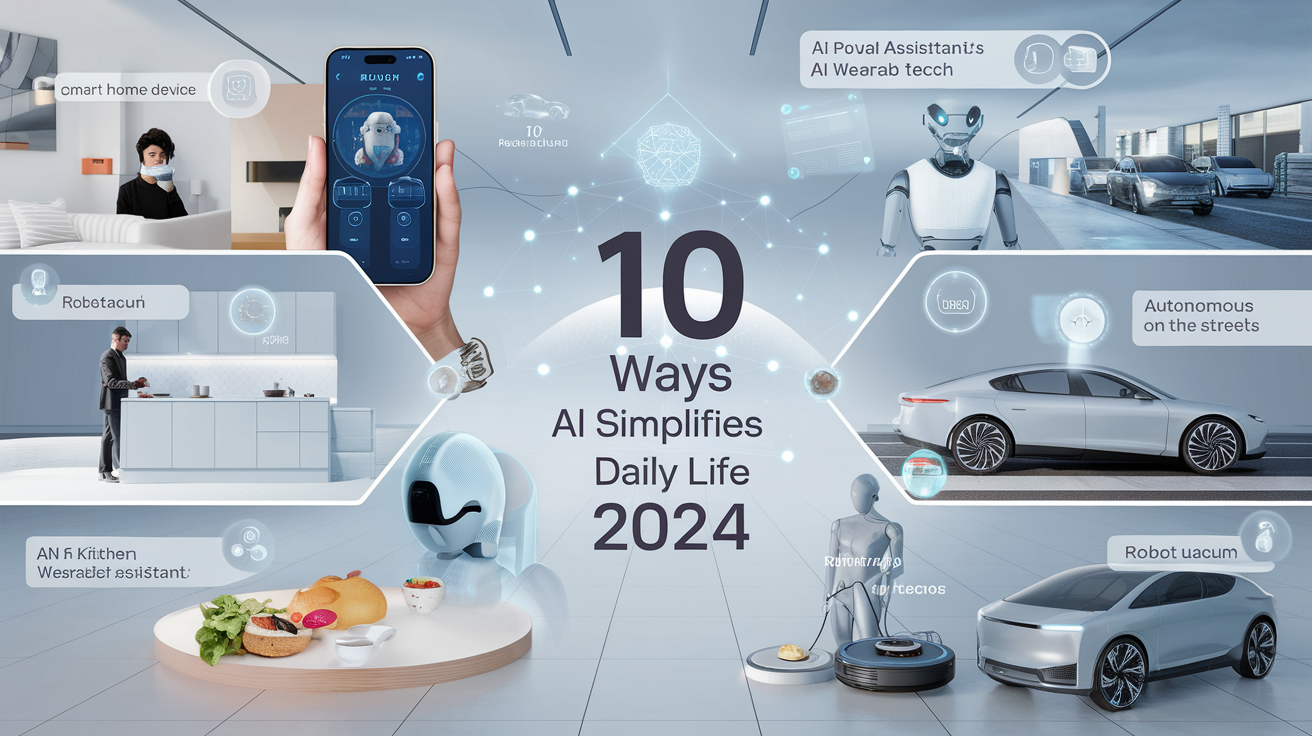Artificial Intelligence (AI) is revolutionizing healthcare by enhancing disease diagnosis, personalizing treatments, and improving patient care. In 2025, AI-powered solutions are playing a crucial role in medical imaging, drug discovery, and virtual health assistants, making healthcare more efficient and accessible.
From detecting diseases early to assisting doctors in surgeries, AI is transforming the medical field. Let’s explore how AI is reshaping healthcare.
How AI is Revolutionizing Healthcare
AI-driven tools are improving patient outcomes, reducing human errors, and making healthcare more efficient. Here are some of the key ways AI is transforming the industry:
1. AI-Powered Disease Diagnosis
AI algorithms analyze medical images (X-rays, MRIs, CT scans) with higher accuracy than traditional methods, helping doctors detect diseases like cancer and tuberculosis early.
🔹 Example: Google’s DeepMind AI detects eye diseases with 94% accuracy, helping ophthalmologists diagnose conditions faster.
2. AI in Personalized Treatment Plans
Machine learning models analyze patient data to recommend the best treatment options based on medical history and genetic factors.
🔹 Example: IBM Watson Health suggests personalized cancer treatment plans by analyzing vast amounts of medical literature.
3. AI Chatbots and Virtual Health Assistants
AI-powered chatbots assist patients by providing medical advice, answering questions, and even scheduling doctor appointments.
🔹 Example: Babylon Health’s AI chatbot helps users assess symptoms and suggests whether they should visit a doctor.
4. AI in Drug Discovery and Development
AI accelerates the process of drug discovery by analyzing molecular structures and predicting drug interactions, reducing development time.
🔹 Example: AI-driven drug discovery helped identify potential COVID-19 treatments faster than traditional research methods.
5. AI in Surgery and Robotic Assistance
AI-assisted robotic systems help surgeons perform complex procedures with greater precision and minimal invasiveness.
🔹 Example: The Da Vinci Surgical System uses AI to assist surgeons in performing delicate operations with extreme accuracy.
6. AI for Predictive Analytics and Preventive Care
AI predicts disease outbreaks and helps healthcare providers take preventive measures.
🔹 Example: AI analyzed patient data to predict COVID-19 outbreaks before they spread widely.
The Future of AI in Healthcare
As AI technology advances, we can expect:
✔ AI-powered robotic surgeries with real-time monitoring
✔ AI-driven mental health assistants for emotional support
✔ Faster and cheaper drug discovery for rare diseases
✔ Advanced wearables that predict health issues before symptoms appear
Final Thoughts
AI is not replacing doctors—it’s empowering them to provide better and faster care. From diagnosing diseases to personalizing treatments, AI is making healthcare more efficient and accessible.
The future of healthcare is AI-driven, and as the technology evolves, it will continue to transform the way we diagnose, treat, and prevent diseases.
Are we ready to embrace AI-powered healthcare for a healthier future?
Would you like another article on a different AI application? 🚀

